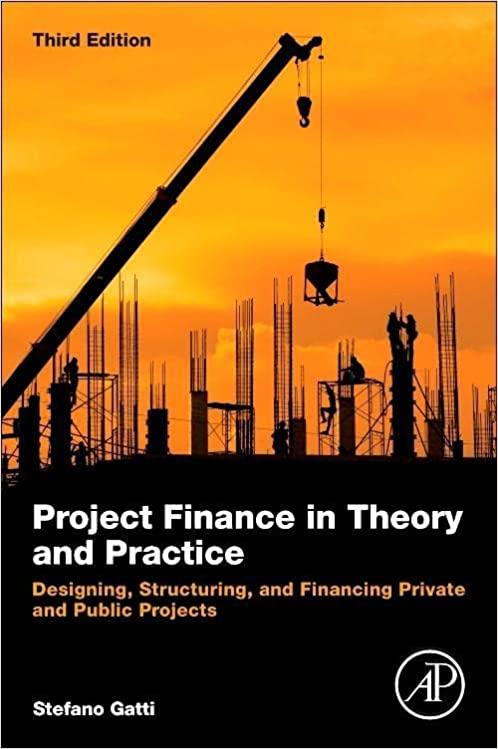10. Rent versus buy analysis - Part 2
Which is better: to rent or to buy?


Which is better: to rent or to buy? The decision of whether to rent or buy housing is a personal decision that is based on both your lifestyle and your finances. While most financial experts argue that the financial aspect of the decision is important, it is also important not to base your rent-or-buy decision solely on the numbe Your personal needs and housing market conditions are important. However, it is still necessary to perform the financial analysis. Juanita and her husband are trying to decide whether to rent or to purchase a new house. After looking for several months, they've narrowed the choice down to one particular house, and the builder is willing to lease or sell-depending upon the preference of the buyer. To perform a rent-or-buy analysis, Juanita and her husband have collected the following information: - If they rent, the builder will require monthly rental payments of $1,100 and a security deposit equal to two months of rent. - Since they want to be protected against the possible loss of their possessions, they will purchase a renters' policy of $200 every six months, while a more comprehensive homeowners' policy will cost 0.5% of the home's value per year. - Money used to fund the house's security deposit could otherwise be invested to earn 5% per year after taxes. Funds expended for a home's down payment and closing costs also incur an opportunity cost. - If the house is purchased, it will cost $200,000 and will require a 20% down payment. The loan will carry an interest rate of 6%, a term of 30 years, and monthly payments of $959. The closing costs associated with the house's mortgage will be $3,500. - The property taxes and the maintenance and repair expenses on the house are estimated to be 4% and 1% of the house's total price, respectively. - Your ordinary income is taxed at the rate of 28%, and you'll be willing to itemize your tax deductions in the event that you purchase your new home. - Financial publications report that home values are expected to increase by 3% this year due to inflation. Complete a rent-or-buy analysis worksheet to determine the total cost of renting and the total cost of purchasing Juanita and her husband's prospective house. To complete the worksheet, enter the appropriate values in their corresponding blanks and round each value to the nearest whole dollar. Based on this analysis, Juanita and her husband should: Purchase the home, as the total cost of purchasing is less than the cost of renting. Purchase the home, as the cost of purchasing is greater than the cost of renting. Rent the home, as its total cost is less than the total cost of purchasing. Which is better: to rent or to buy? The decision of whether to rent or buy housing is a personal decision that is based on both your lifestyle and your finances. While most financial experts argue that the financial aspect of the decision is important, it is also important not to base your rent-or-buy decision solely on the numbe Your personal needs and housing market conditions are important. However, it is still necessary to perform the financial analysis. Juanita and her husband are trying to decide whether to rent or to purchase a new house. After looking for several months, they've narrowed the choice down to one particular house, and the builder is willing to lease or sell-depending upon the preference of the buyer. To perform a rent-or-buy analysis, Juanita and her husband have collected the following information: - If they rent, the builder will require monthly rental payments of $1,100 and a security deposit equal to two months of rent. - Since they want to be protected against the possible loss of their possessions, they will purchase a renters' policy of $200 every six months, while a more comprehensive homeowners' policy will cost 0.5% of the home's value per year. - Money used to fund the house's security deposit could otherwise be invested to earn 5% per year after taxes. Funds expended for a home's down payment and closing costs also incur an opportunity cost. - If the house is purchased, it will cost $200,000 and will require a 20% down payment. The loan will carry an interest rate of 6%, a term of 30 years, and monthly payments of $959. The closing costs associated with the house's mortgage will be $3,500. - The property taxes and the maintenance and repair expenses on the house are estimated to be 4% and 1% of the house's total price, respectively. - Your ordinary income is taxed at the rate of 28%, and you'll be willing to itemize your tax deductions in the event that you purchase your new home. - Financial publications report that home values are expected to increase by 3% this year due to inflation. Complete a rent-or-buy analysis worksheet to determine the total cost of renting and the total cost of purchasing Juanita and her husband's prospective house. To complete the worksheet, enter the appropriate values in their corresponding blanks and round each value to the nearest whole dollar. Based on this analysis, Juanita and her husband should: Purchase the home, as the total cost of purchasing is less than the cost of renting. Purchase the home, as the cost of purchasing is greater than the cost of renting. Rent the home, as its total cost is less than the total cost of purchasing








